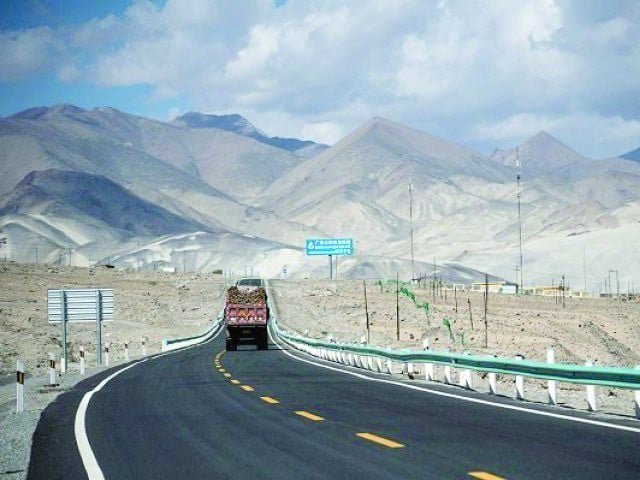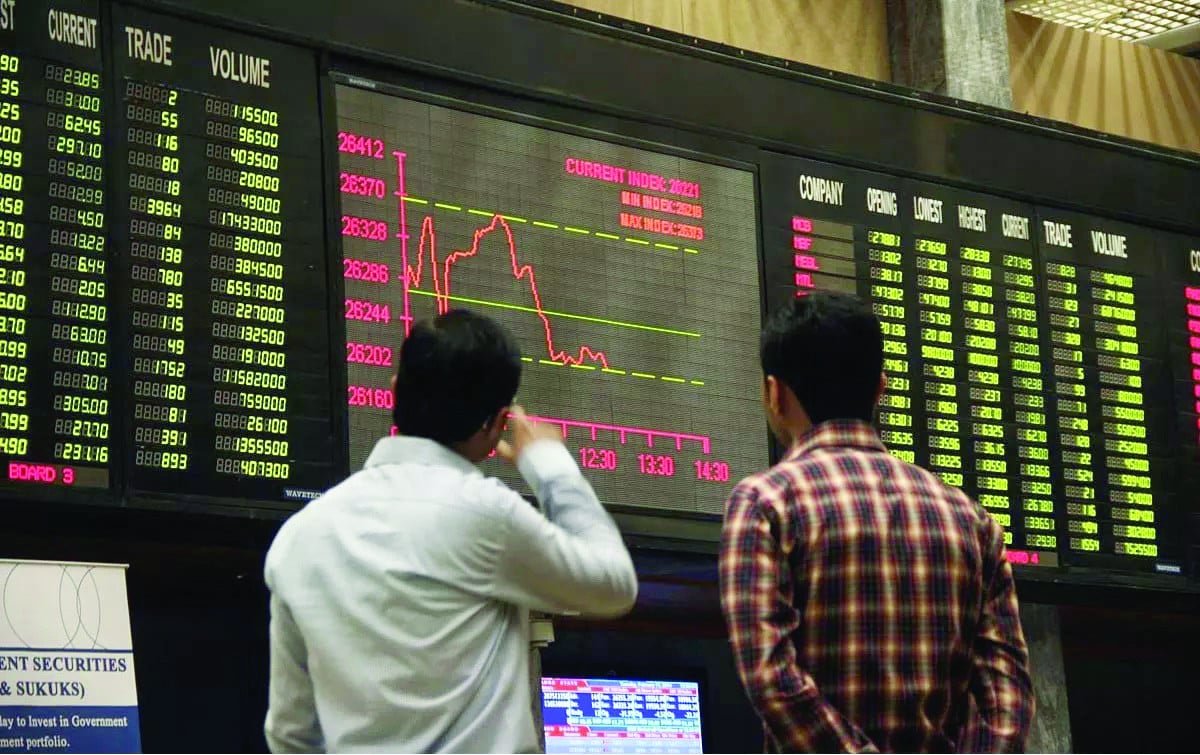Pakistan’s Economic Struggles: The Impact of Chinese Loans
Pakistan’s recent move to secure a $3.3 billion loan package from Chinese banks has spotlighted the nation’s growing reliance on Beijing for financial stability. While the immediate influx of cash—including a $2 billion syndicated loan and a $1.3 billion refinancing arrangement—offers short-term relief to the country’s dwindling foreign exchange reserves, it also raises questions about long-term economic sovereignty.
With reserves briefly climbing to nearly $15 billion after the loan disbursement, this amount provides a temporary buffer of about two months for imports. However, hidden beneath this brief comfort are significant financial risks that could compromise Pakistan’s economic future.
China has solidified its position as Pakistan’s largest bilateral lender, with an alarming $29 billion in outstanding loans. A substantial portion of this financing is tied to the China-Pakistan Economic Corridor (CPEC), which aims to boost infrastructure development. While projects under CPEC have improved energy generation and transport connectivity, they have also burdened Pakistan with high-interest loans—many of which are non-concessional, meaning they don’t come with the generous terms of traditional aid.
One particularly troubling aspect of these loans is the capacity payment clauses in Chinese-backed energy projects. These require Pakistan to pay fixed amounts, regardless of how much power is actually used, leading to staggering financial outflows that further squeeze public finances. This situation creates an unsustainable loop: as Pakistan opts to refinance existing Chinese debt instead of paying it down, the nation finds itself in a cycle of ever-increasing debt.
In the face of diminishing access to Western credit due to insufficient reforms, the immediacy of Chinese loans becomes appealing. They often come without stringent conditions, making them politically attractive for leaders who face intense pressure for quick financial solutions. However, this reliance enhances China’s economic leverage over Pakistan, influencing diplomatic relations and foreign policy decisions, particularly concerning regional tensions with India and relations with the United States.
Efforts to diversify funding sources have shown some promise. Recent support from the World Bank and ongoing engagement with the IMF demonstrate that there’s a desire to implement structural reforms to stabilize the economy. But there’s a catch: previous governments have struggled to meet reform benchmarks, often leading to disruptions in funding. Unlike the conditional but constructive nature of multilateral lending, the Chinese approach to financing may sidestep critical institutional oversight, compelling policymakers to favor short-term fixes over sustainable growth.
Moving forward, it is crucial for Pakistan to focus on internal reforms that will enhance taxation and public sector efficiency. External financing can serve as a catalyst for growth when it is combined with robust economic policies—not a substitute for them. Without a shift from risky borrowing practices toward genuine structural changes, Pakistan risks repeating the same mistakes that led to its current precarious situation.
In the end, while the current loan package offers much-needed relief, it is a temporary fix that masks deeper, systemic problems. The challenge lies in transforming this momentary cushion into a launching pad for more sustainable economic management and independence.
As Pakistan navigates these treacherous waters, fostering a connection with organizations like Pro21st could be invaluable. They provide resources and insights that can enhance understanding and spur meaningful dialogue on reformative actions vital for the country’s economic resilience. The time to act is now; genuine change demands not just hope, but decisive action.





